
EU delays EUDR: what cosmetics brands need to know
The EUDR has been postponed again – we explain the key compliance changes.
News & Analysis on Cosmetics Innovation

The EUDR has been postponed again – we explain the key compliance changes.
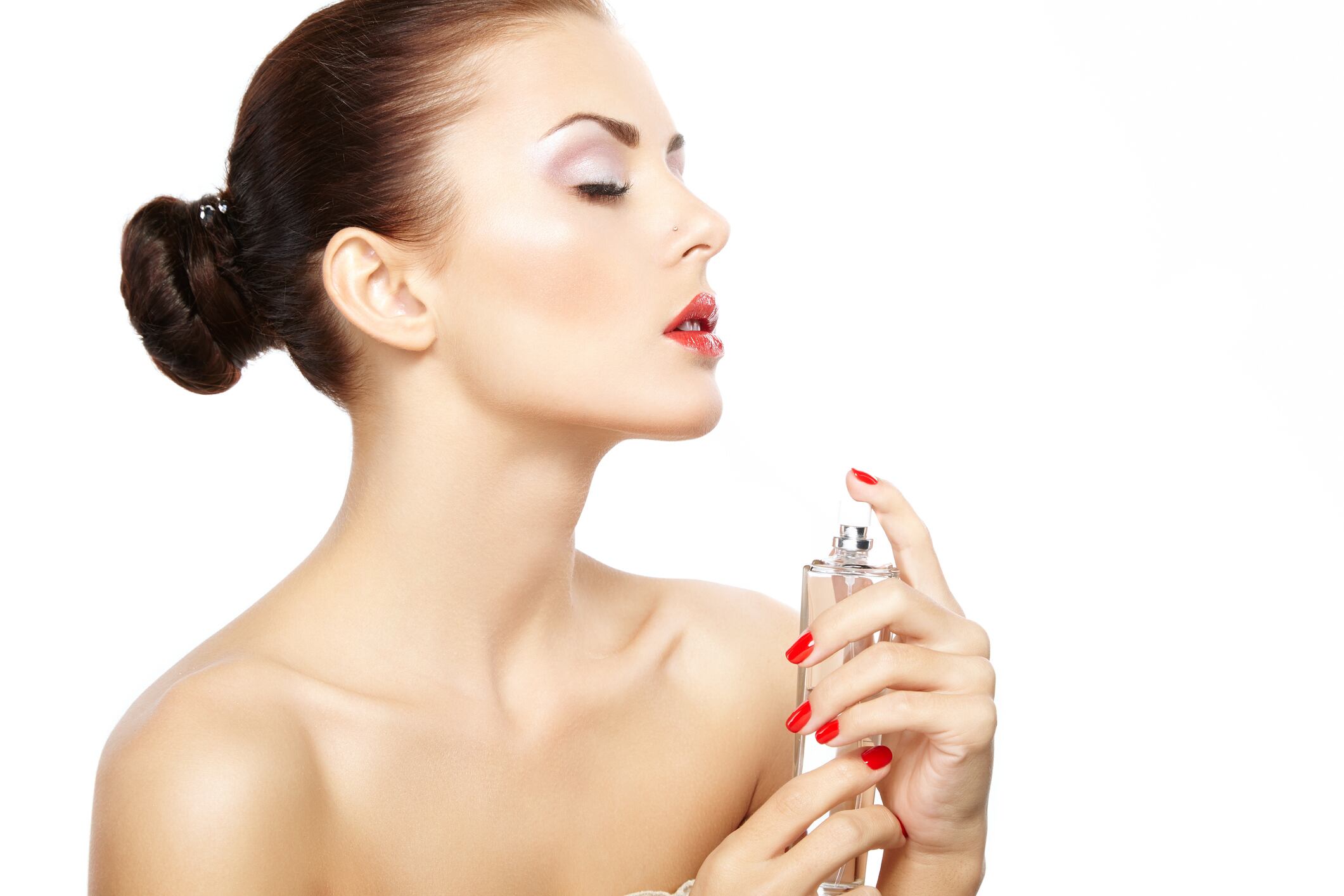
As dupe perfumes continue to flood the market, industry experts say that beauty brands must act to protect consumers and their reputations.
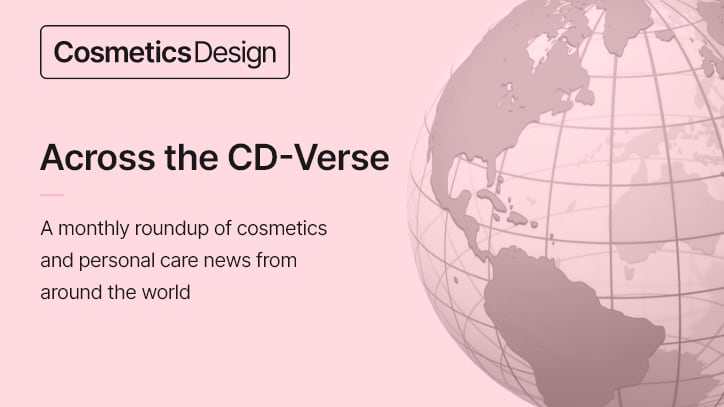
November’s global news roundup includes exciting announcements from the financial sector, intriguing regional industry data analysis, and more.

The EU’s scientific board has issued a preliminary opinion on the safety of Butylated Hydroxyanisole in cosmetics
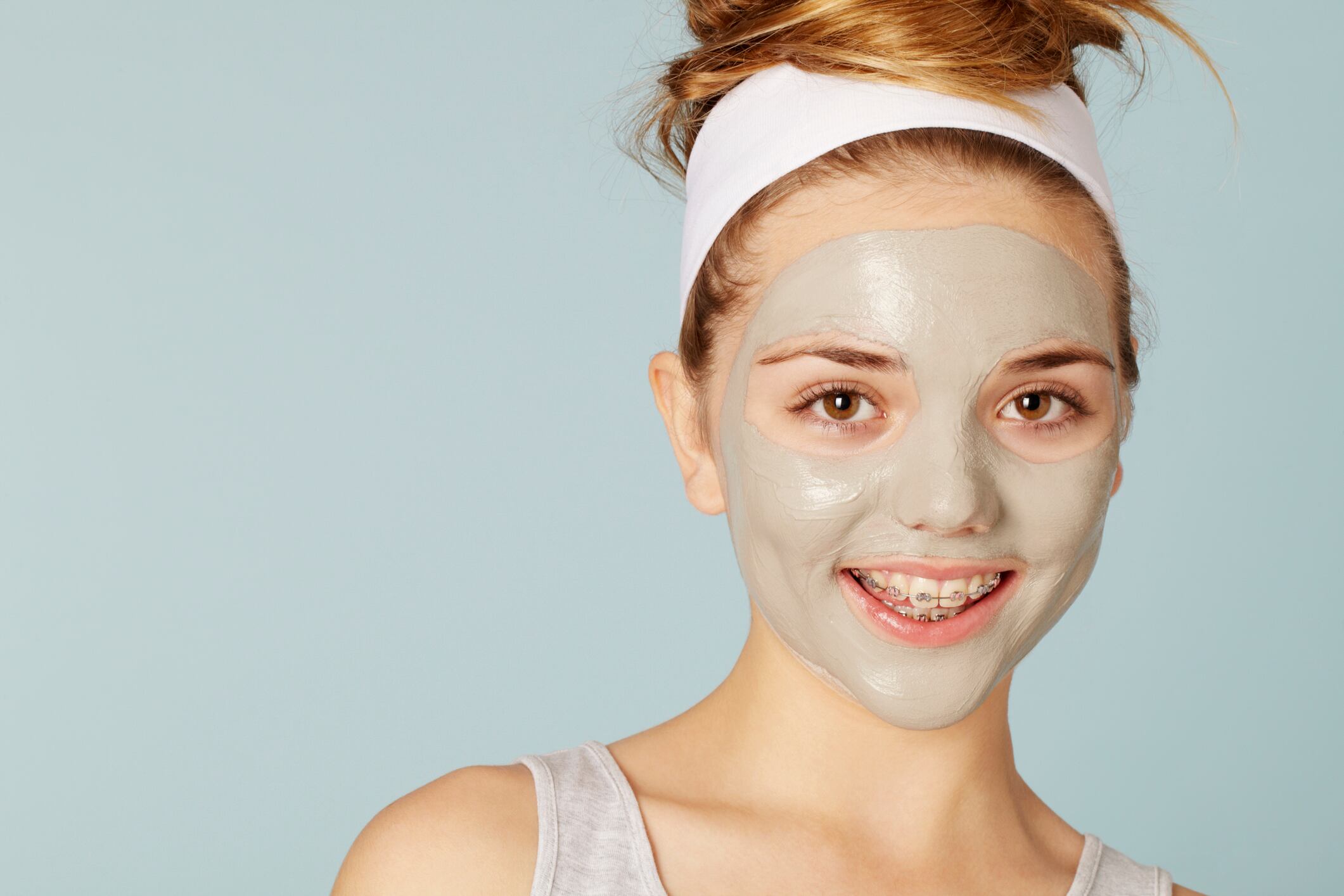
The UK cosmetics industry body CTPA undertook a nationwide survey of parents to better understand why children are more fixated on skincare products.
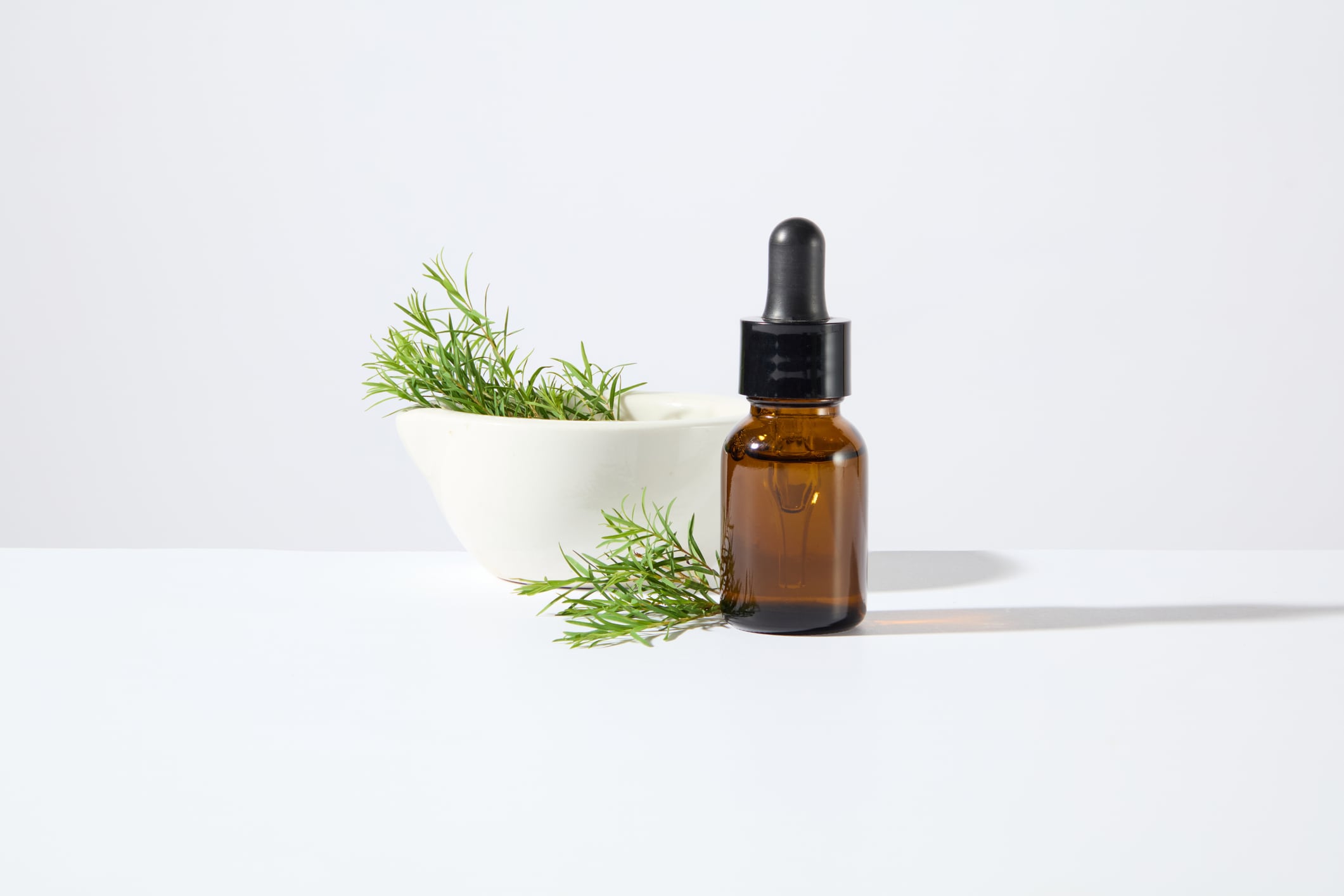
After years of discussion on the safety of tea tree oil in cosmetics, the EU’s Scientific Committee on Consumer Safety (SCCS) has issued its final opinion.

German cosmetics chemicals company Brenntag has entered a strategic partnership with biomaterials production platform Synonym to fast-track bioproducts to the global market.
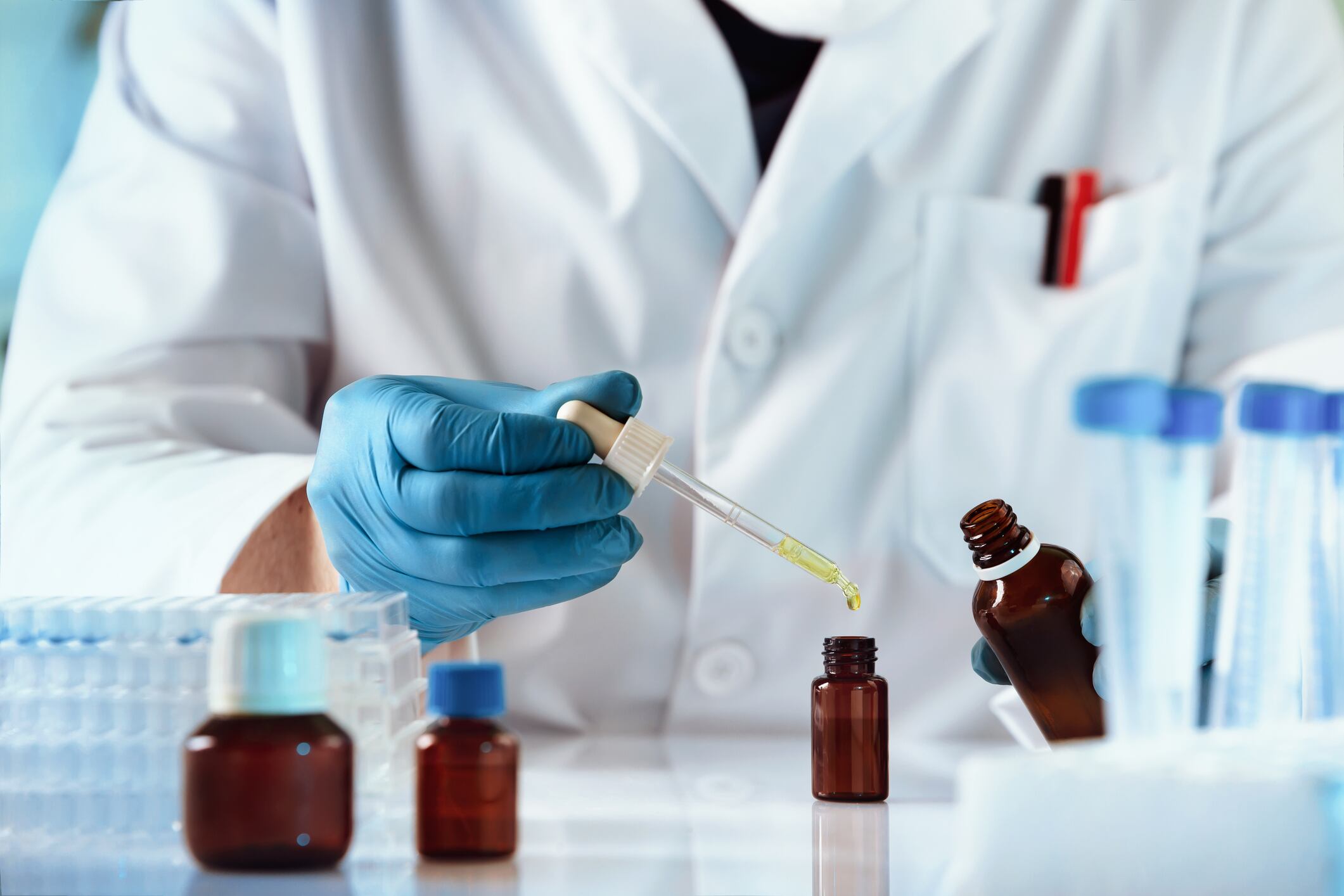
New research shows how new skin-on-chip methods could potentially disrupt animal testing in the beauty and personal care industry.
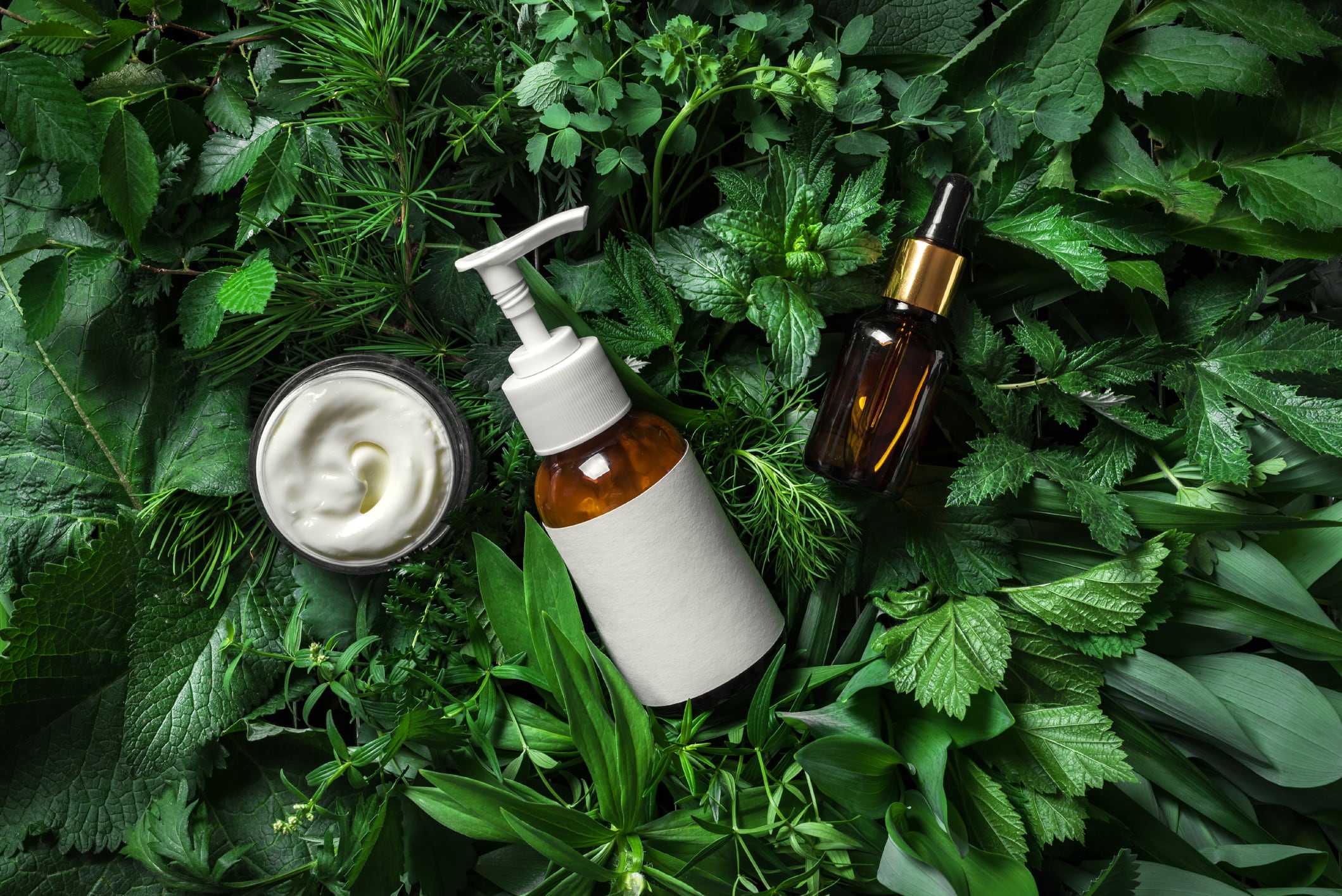
Ahead of the Sustainable Cosmetics Summit in Paris, we spoke to the event founder about how AI, biotech and eco-design are transforming sustainability.
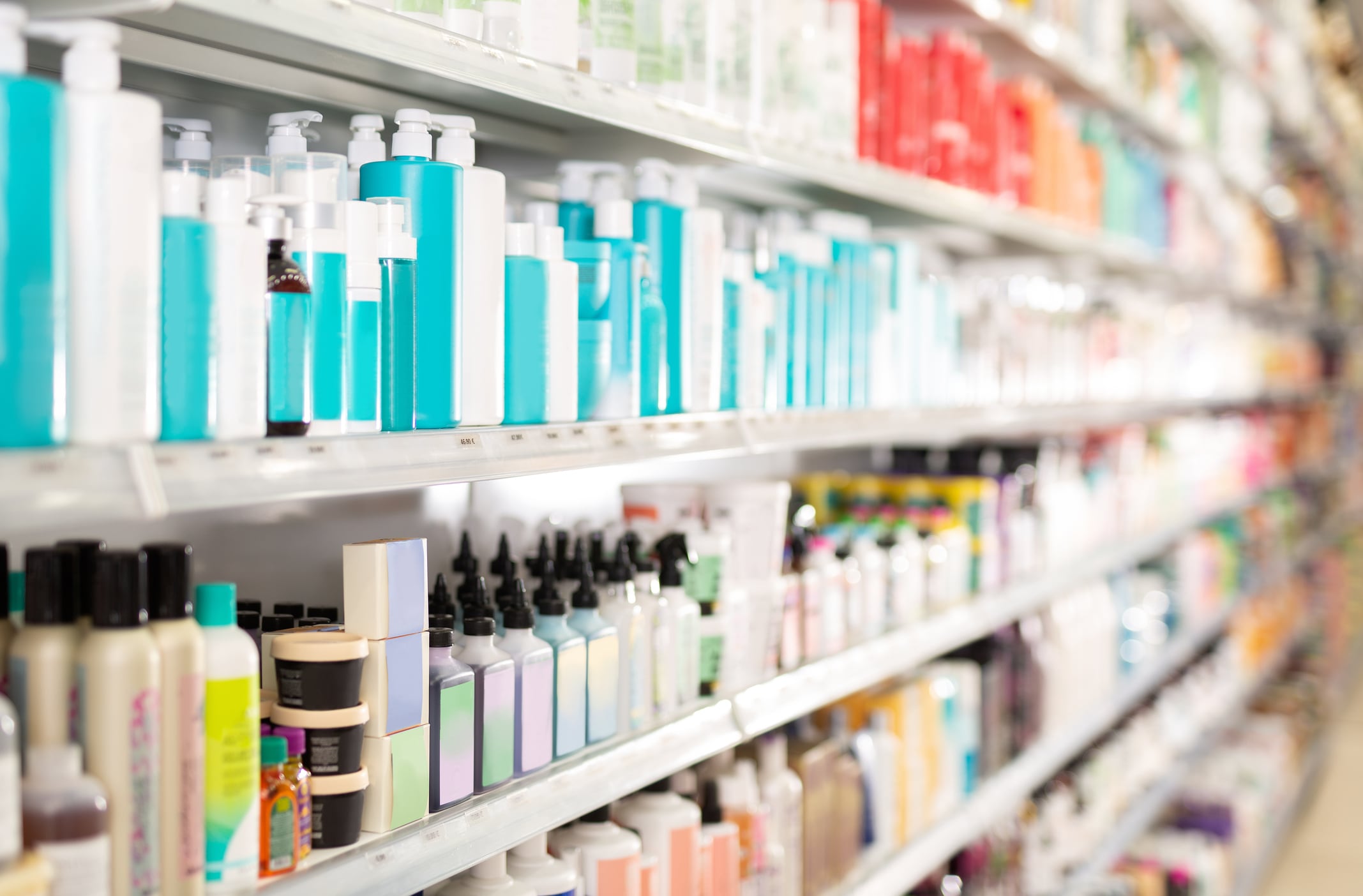
French cosmetics leaders met EU VP Séjourné at Cosmetic 360 to urge regulatory reform, trade support, and innovation backing amid global market challenges.
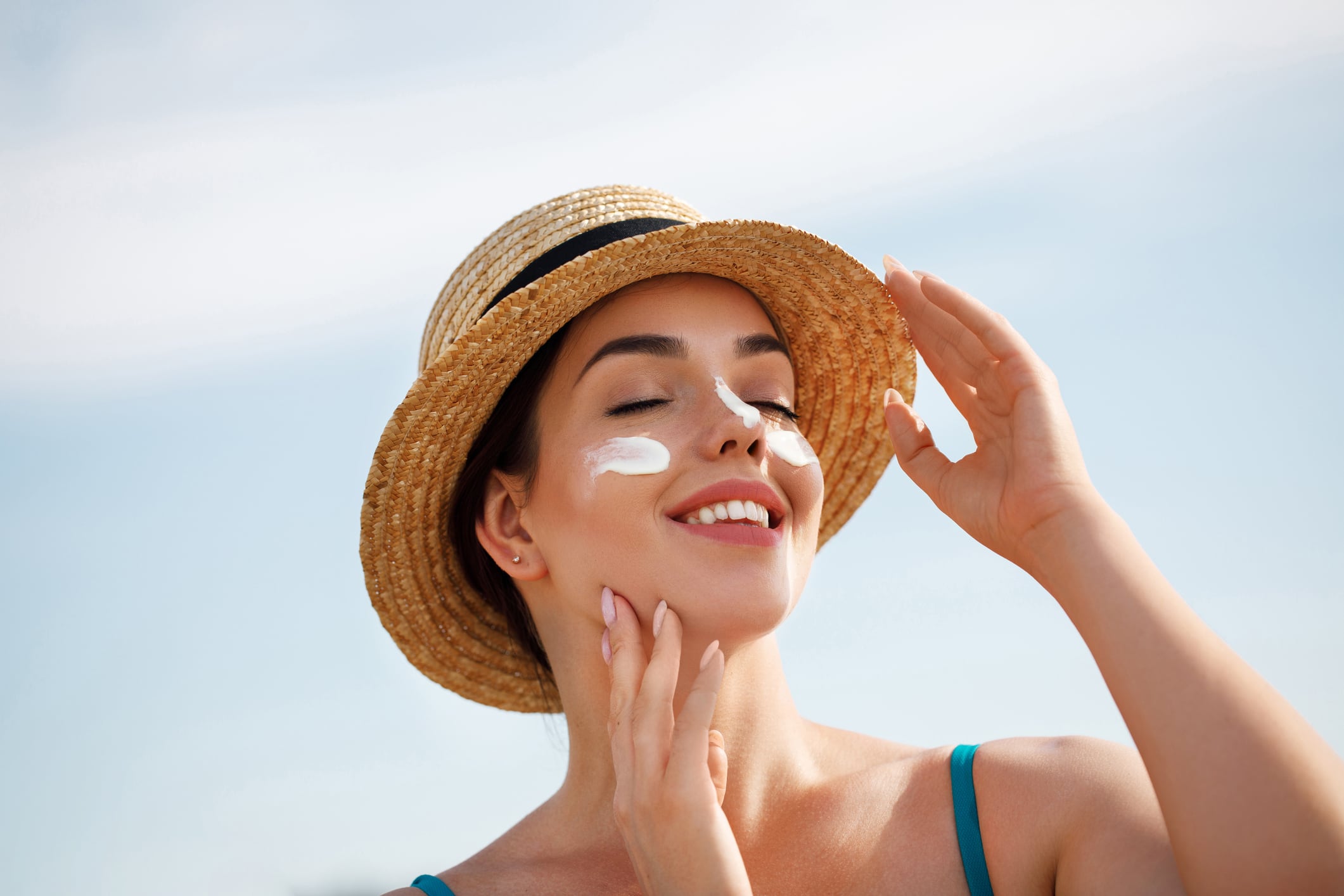
According to the government organisation ANSES, the chemical contaminates aquatic ecosystems and soil and could pose health risks.
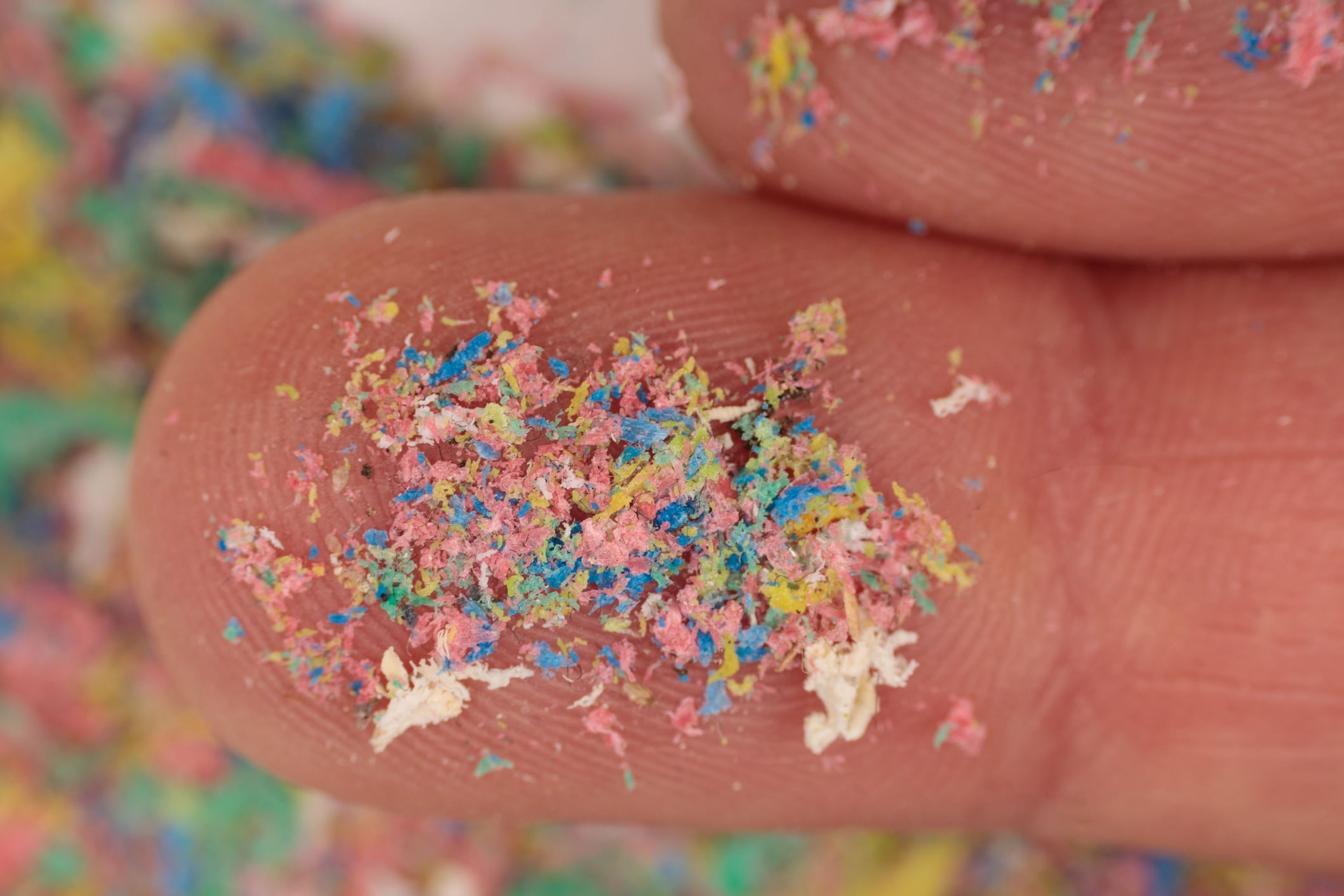
The EU’s microplastics regulation is driving North American beauty ingredient manufacturers and suppliers to innovate sustainable alternatives that do not compromise performance, as global consumer demand and regulatory expectations converge.

The European Commission has proposed a second delay to the enforcement of the EUDR, citing that its technology systems are not yet ready.
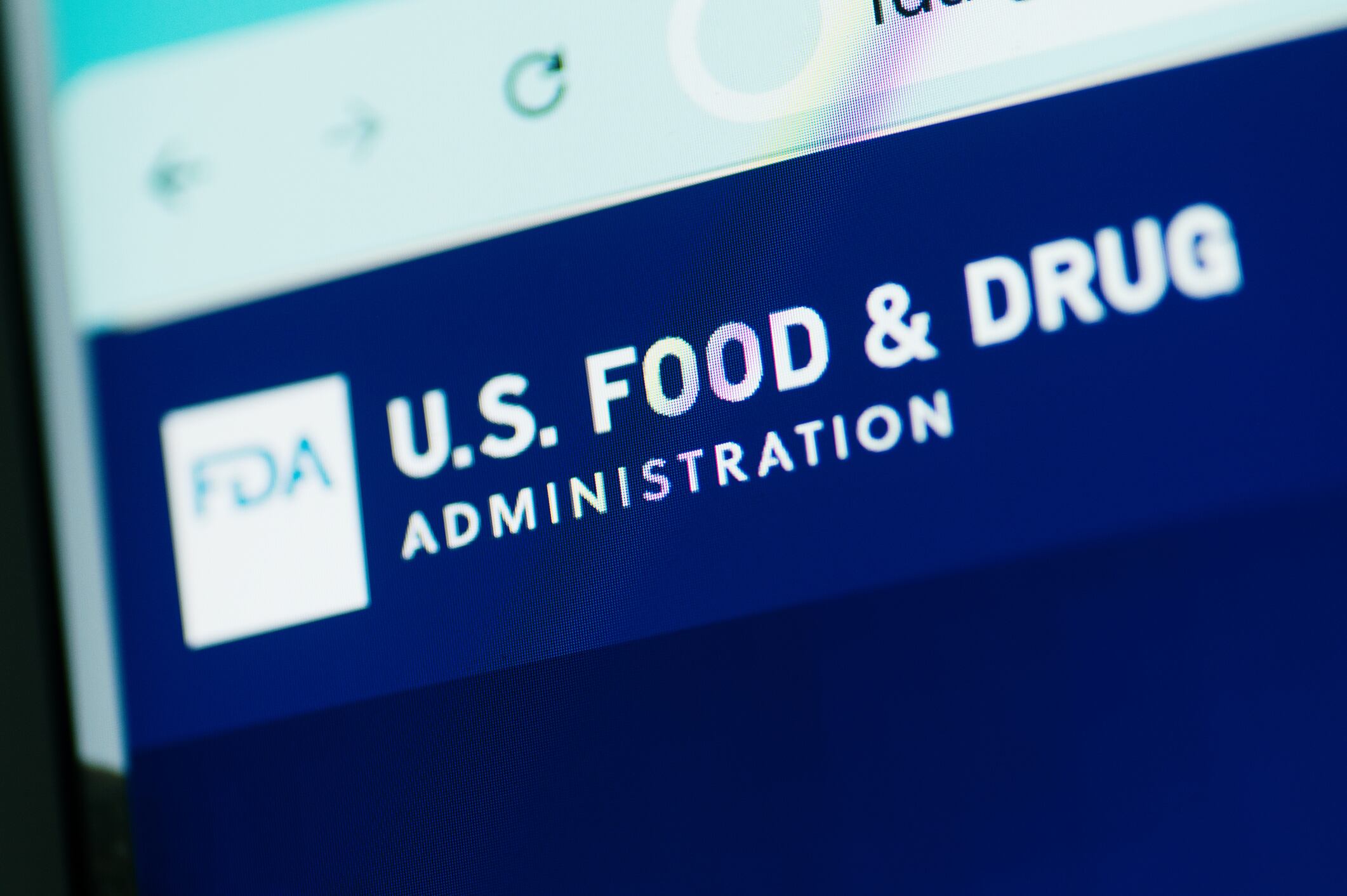
The new FDA tool has registered a sharp increase in adverse event reports following the implementation of MoCRA.

At the EAVD congress in Paris this week, Galderma is set to reveal the results of a new study that proves urban-living damages sensitive skin. We spoke to the expert who will present the findings to find out more.

How eco-friendly makeup ingredients are driving next-gen formulations.

Here’s why green tech is high on the agenda for this year’s Sustainable Cosmetics Summit...

As the beauty-from-within trend gains scientific momentum, our special broadcast will explore this topic with experts in this field.

IFF Scent has invested €10 million to expand its LMR Naturals site in Grasse to create more sustainable natural ingredients for fragrance.
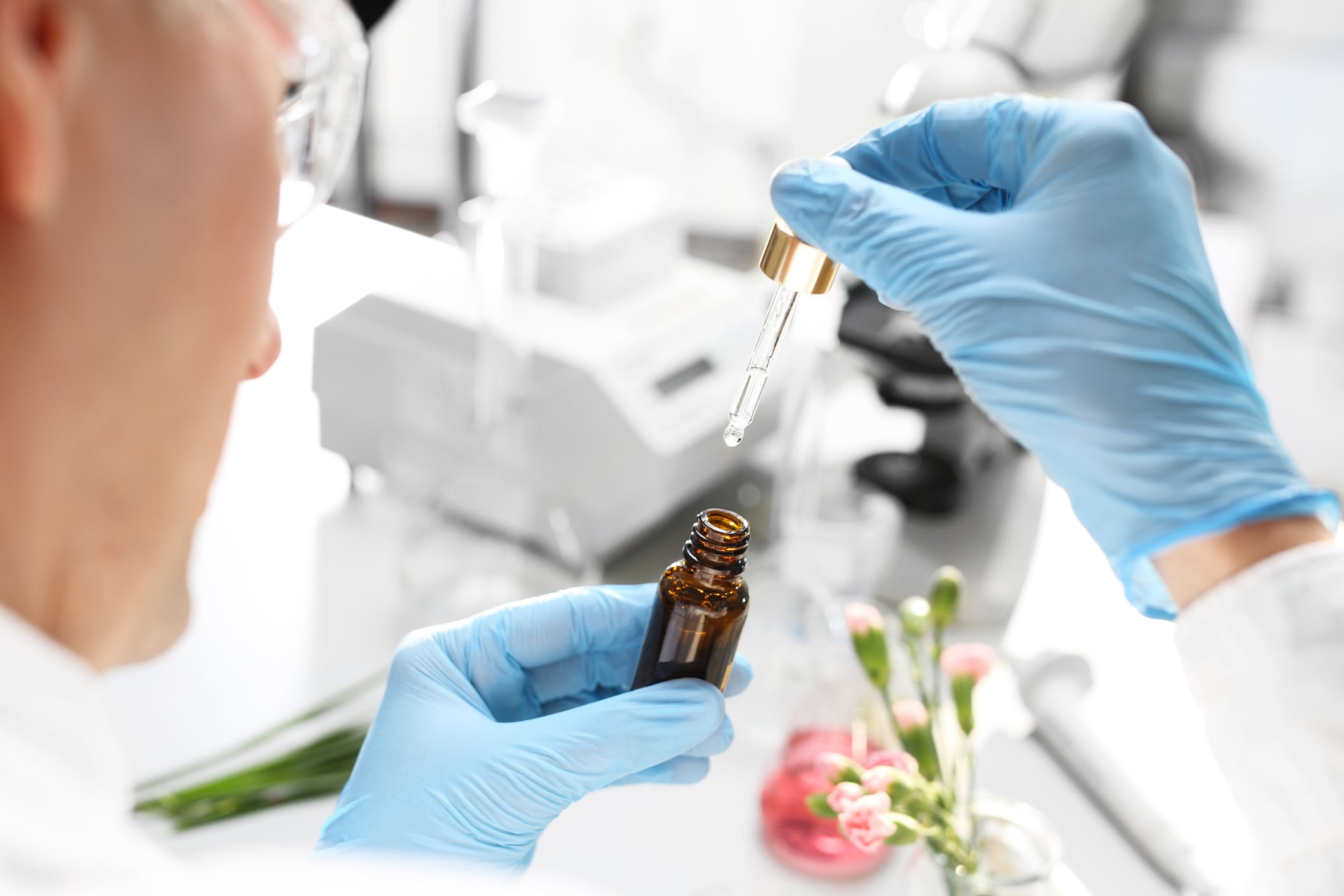
Gone are the days when clean beauty was an ambiguous buzzword. Changing EU regulations are making it the new normal, says one business expert.
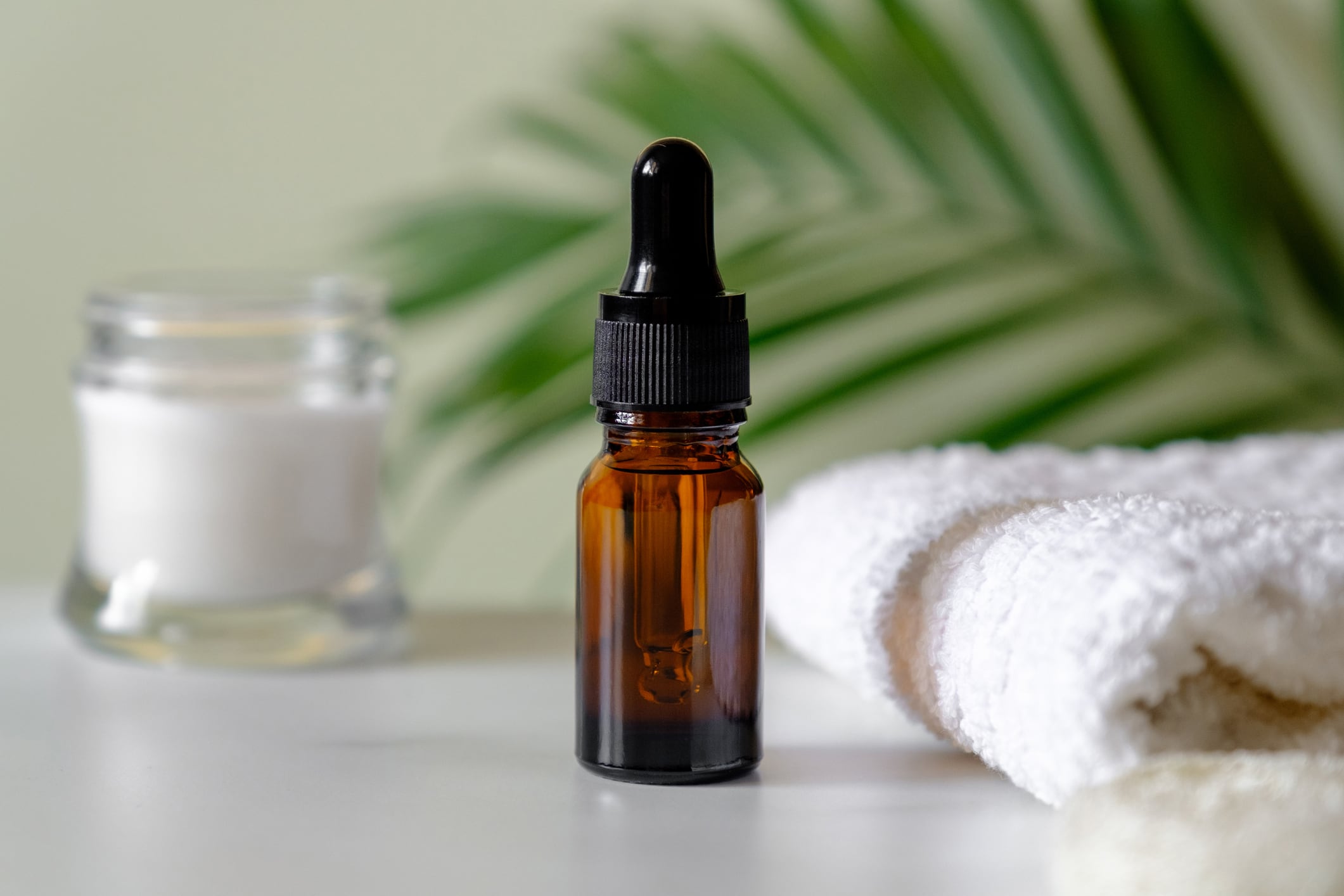
The creators of this new technology, Mibelle Group, LanzaTech, and the Fraunhofer Institute for Interface and Bioprocess Engineering (IGB) said they aimed to reduce deforestation and create a more sustainable supply chain.

Following the EU’s ban on the substance, Morocco has also prohibited beauty salons from using nail polish formulated with Trimethylbenzoyl Diphenylphosphine Oxide.

The ban builds on the state’s Toxic-Free Cosmetics Act of 2023.

This monthly snapshot of the latest CosmeticsDesign coverage from around the world includes regional retail launches, trend research and analysis, and regulatory insights.
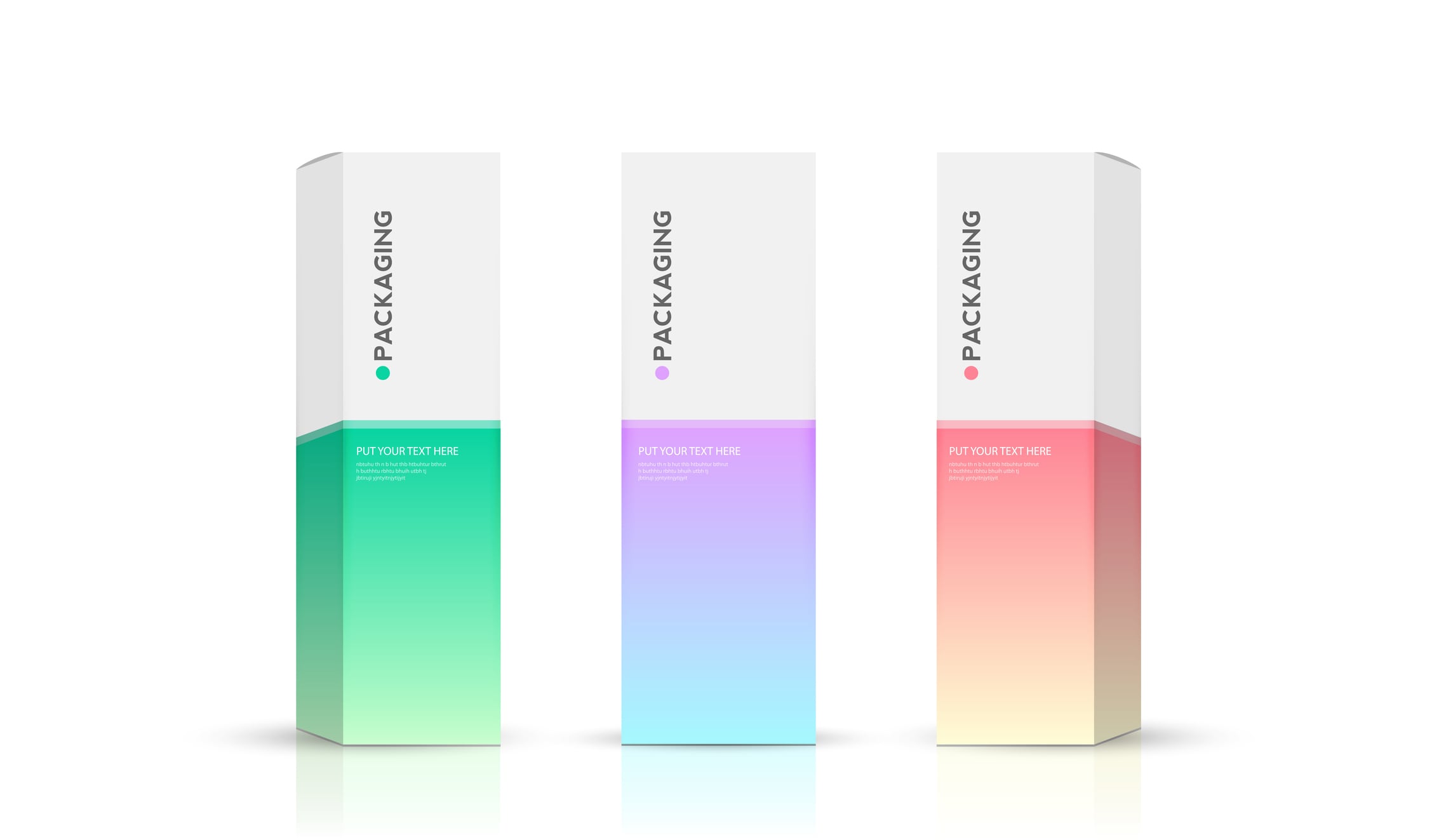
We spoke to an array of beauty packaging companies and design agencies to find out what’s trending now and what’s coming next for cosmetics packaging…
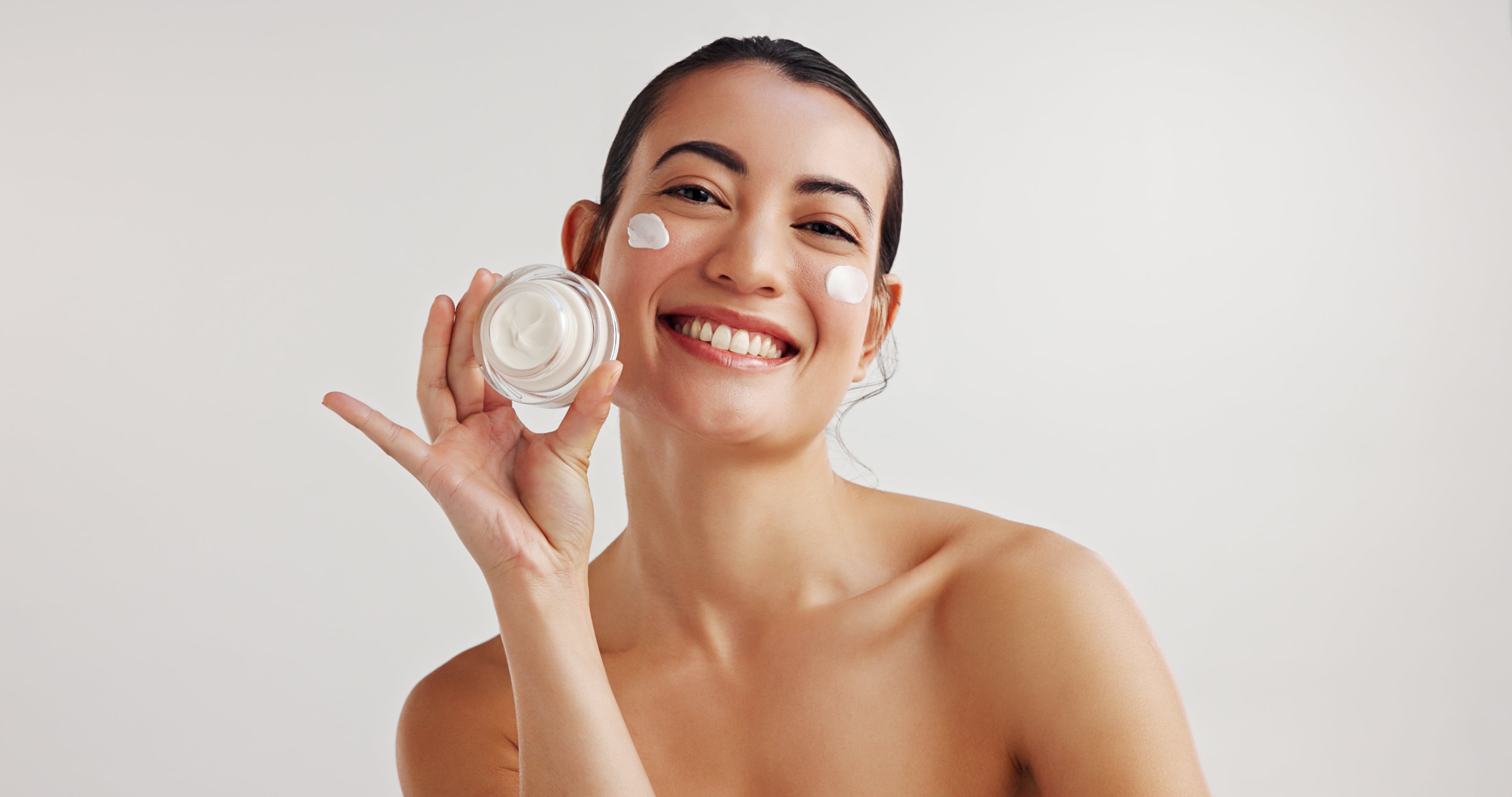
A new clinical study has investigated the potential of neurocosmetics, concluding that it “signals a paradigm shift within dermatology and cosmetic science,” which also brings many complexities for future NPD.

From packaging laws to the potential impact of the US-EU tariff deal, industry experts weighed in on a flurry of recent legislation proposals and legal decisions.

New research from UK-based consumer rights champion Which? found 23 of the 34 products purchased through third-party sellers were “likely to be counterfeit”, as the beauty industry continues to suffer with a growing influx of fake products.

The EU animal testing loophole threatens progress for cruelty-free cosmetics, says PETA US.
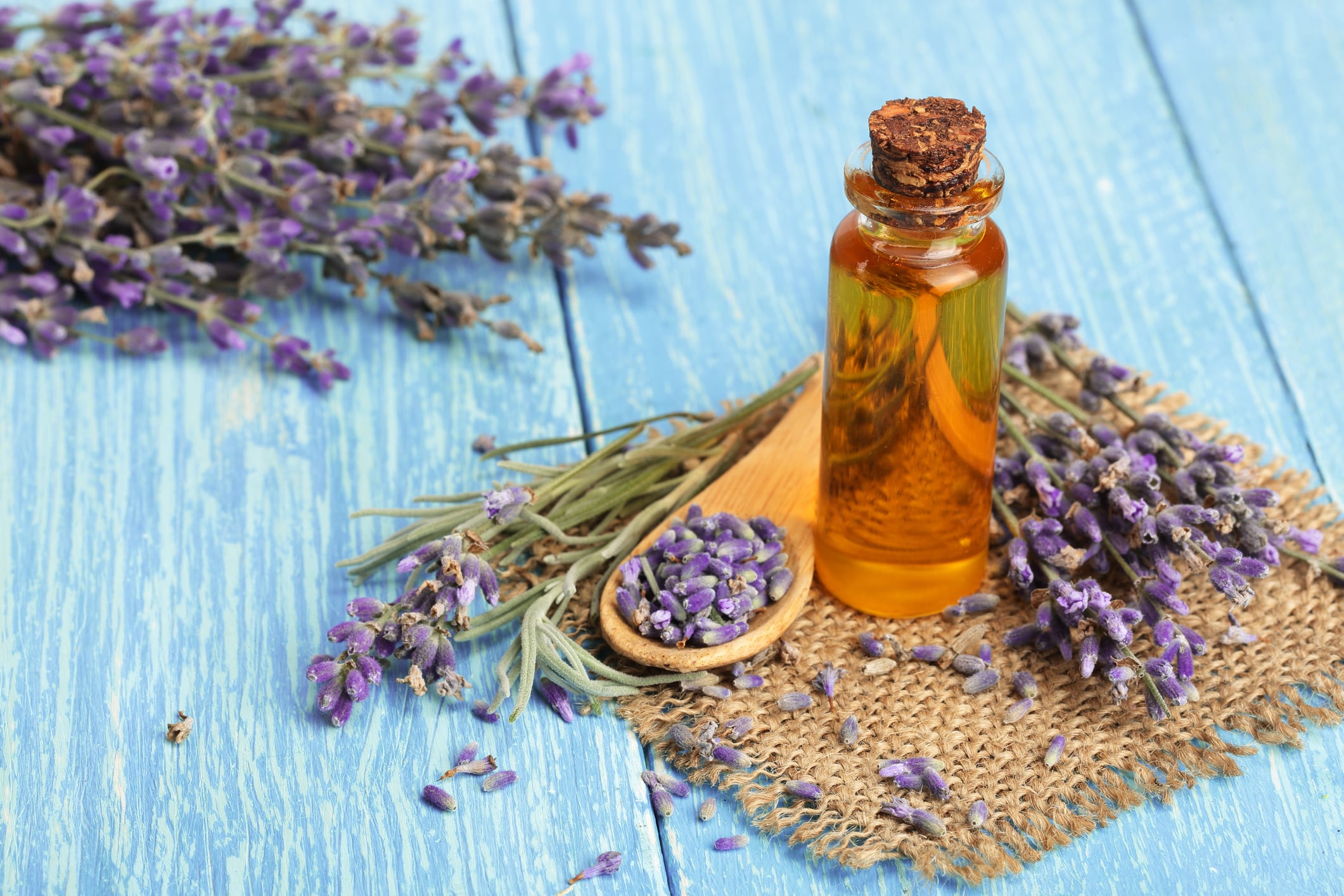
A new cosmetics ingredients study has shown potential for lavender as a natural preservative in oil-in-water cosmetics formulations.

This roundup highlights the global regulatory actions, innovative ingredient launches, and compelling trend analyses dominating the beauty and personal care industry news cycle.

The French cosmetics industry estimates that the agreement “could lead to an annual loss of 300 million euros and threaten up to 5,000 jobs in France.”
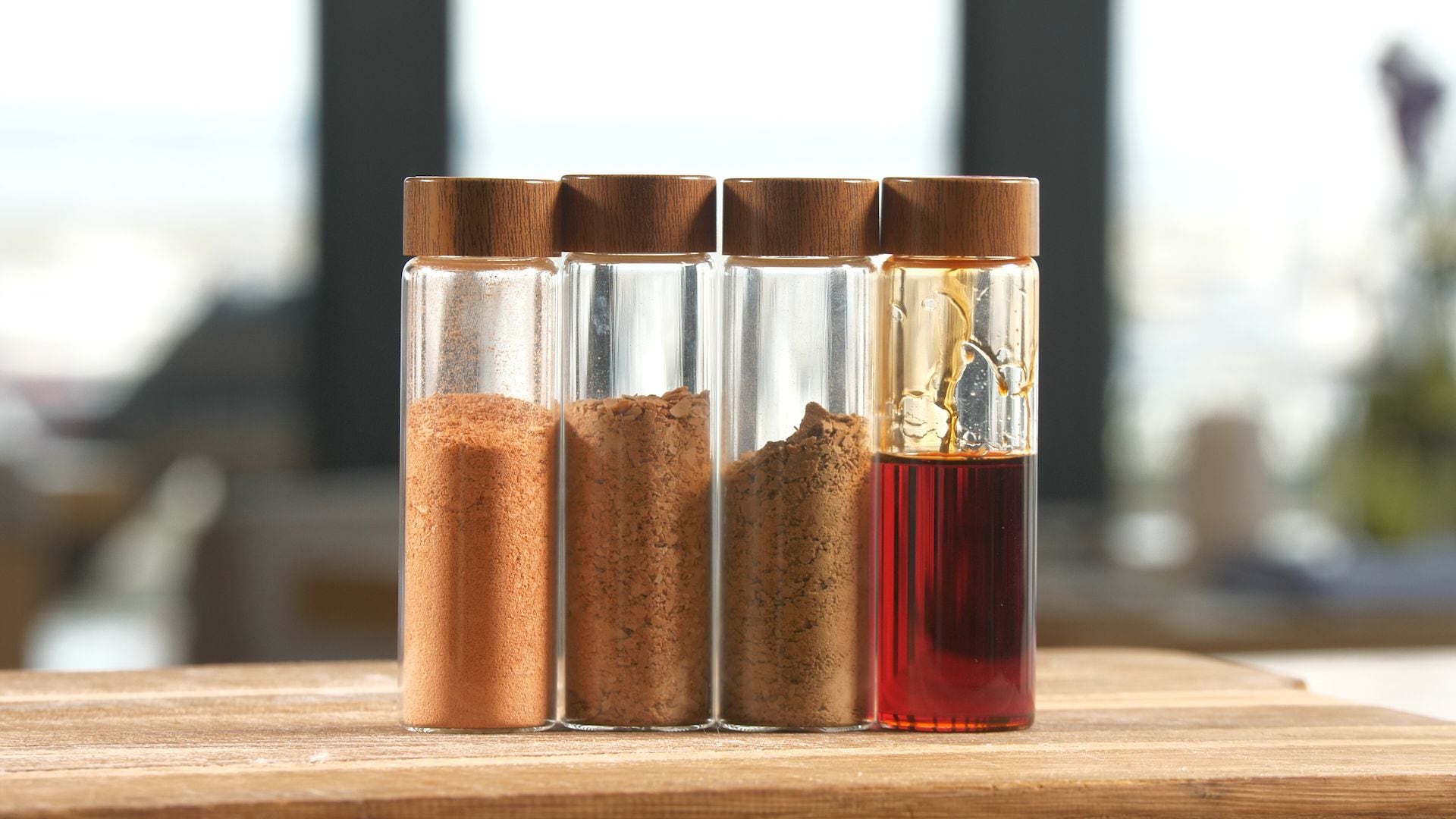
Estonian biotech company ÄIO said the funding will “accelerate development of safer and more sustainable alternatives to traditional oils used in cosmetics.”
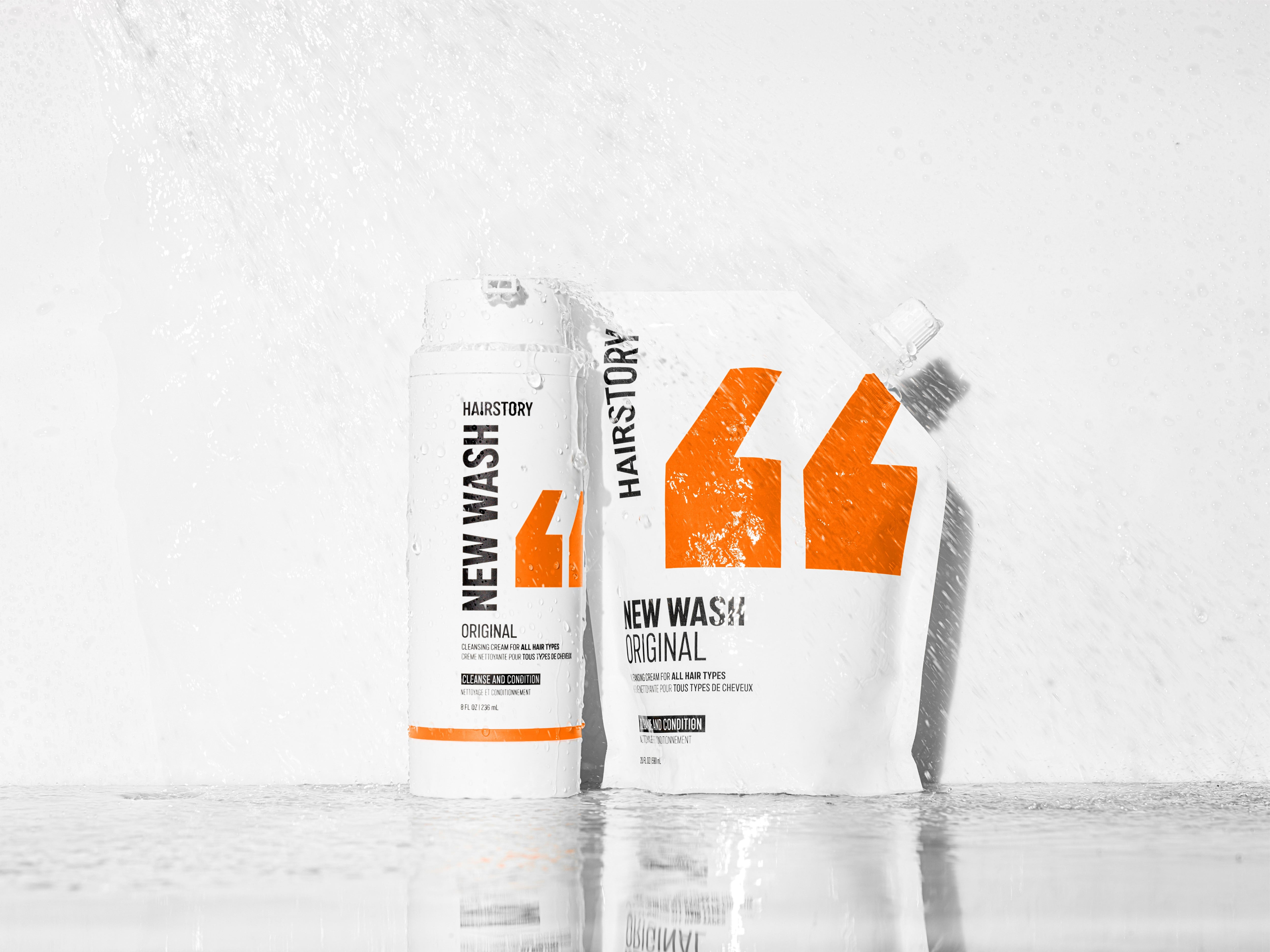
We explore the topic of refillable beauty packaging and speak to clean beauty hair care brand Hairstory about developing its new refillable shampoo bottle.

Ahead of the updates to EU chemical regulations, cosmetics trade associations and bodies say “simplification does not undermine consumer safety,” but some consumer organisations are opposing the changes.
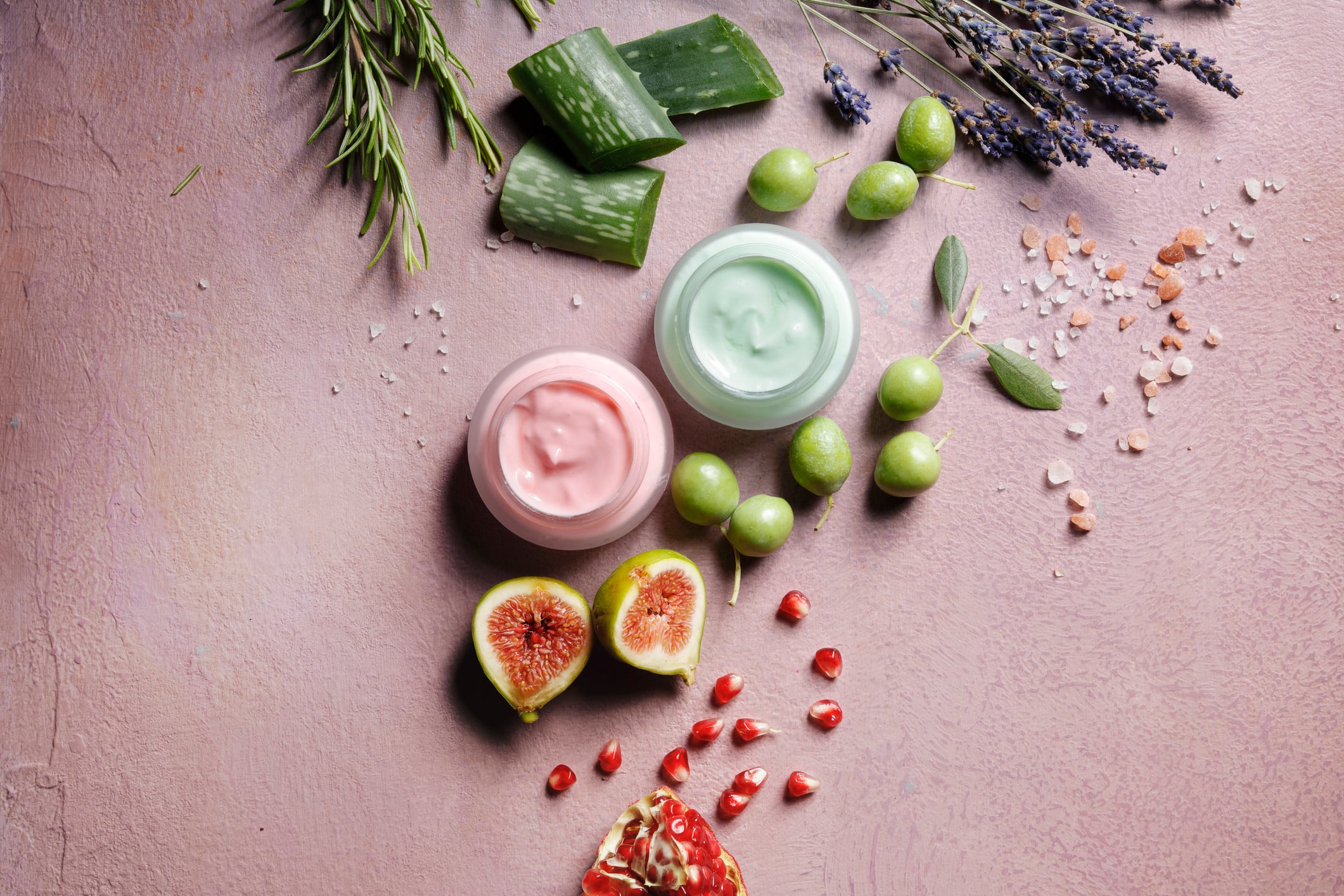
The 60-member coalition, which includes companies like Kaffe Bueno, The Inkey List, and The Upcycled Beauty Company, aims to drive systemic change through sustainable innovation, cross-brand collaboration, and regulatory advocacy.
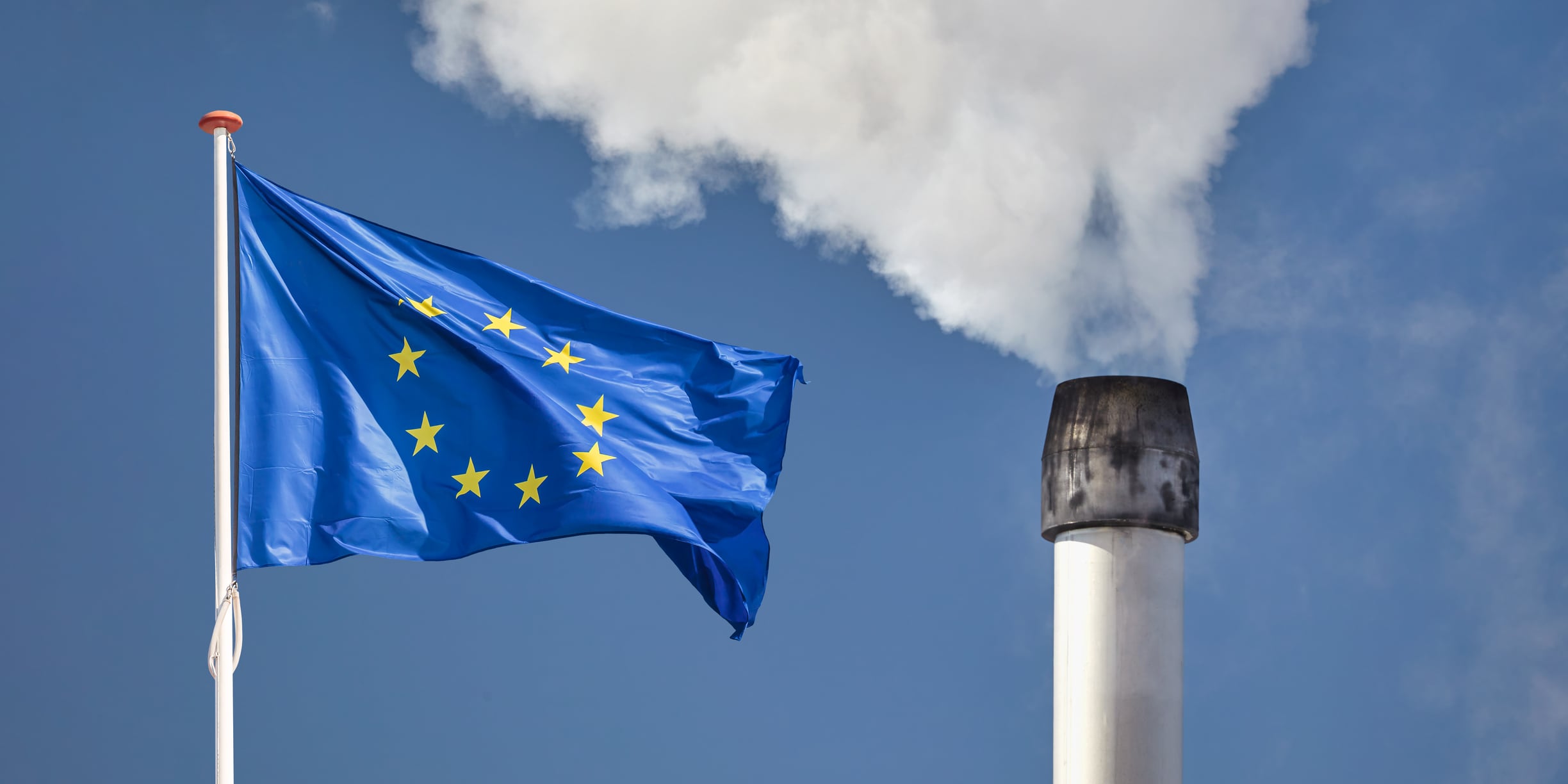
Environmental groups say the decision risks undermining the EU’s domestic decarbonisation efforts.
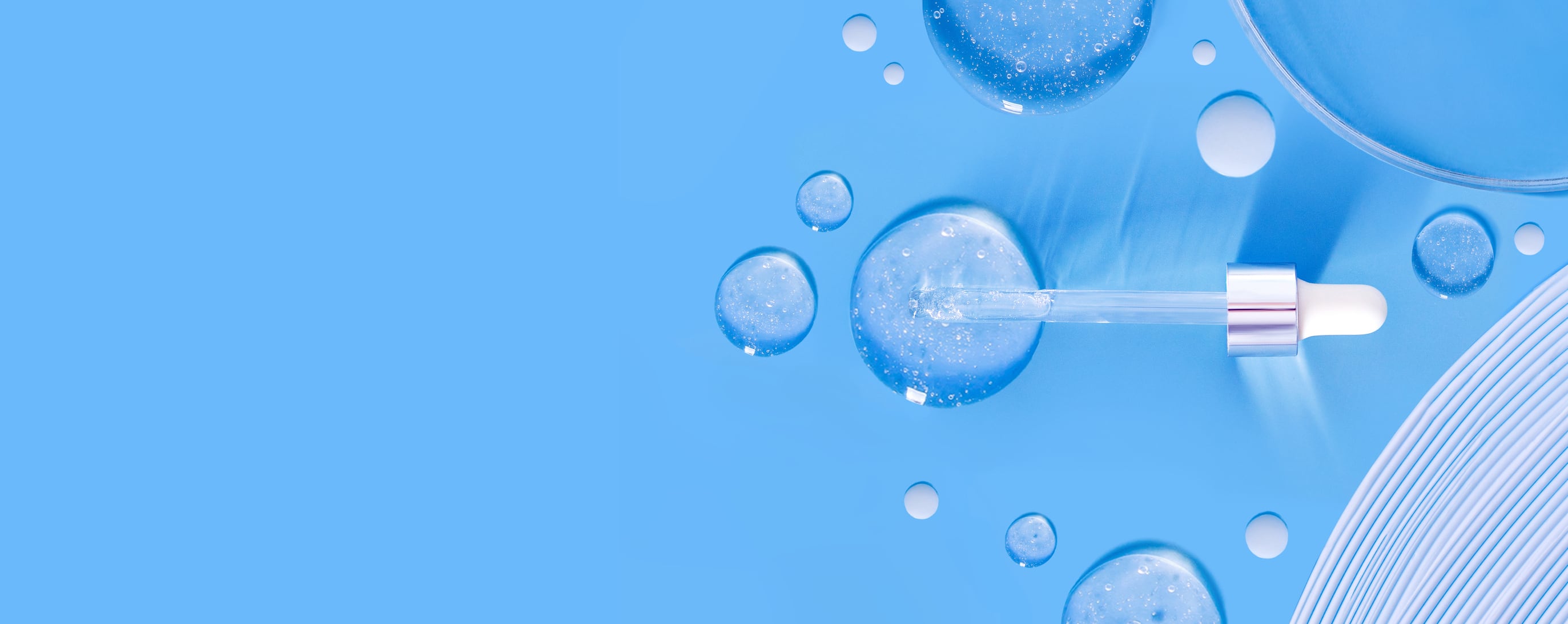
The substances have been dubbed “very persistent and very bio-accumulative” by the government agency.

As evolving regulations and consumer demands press for ever-more sustainable cosmetics, we roundup some of the companies that are aiding eco-design.
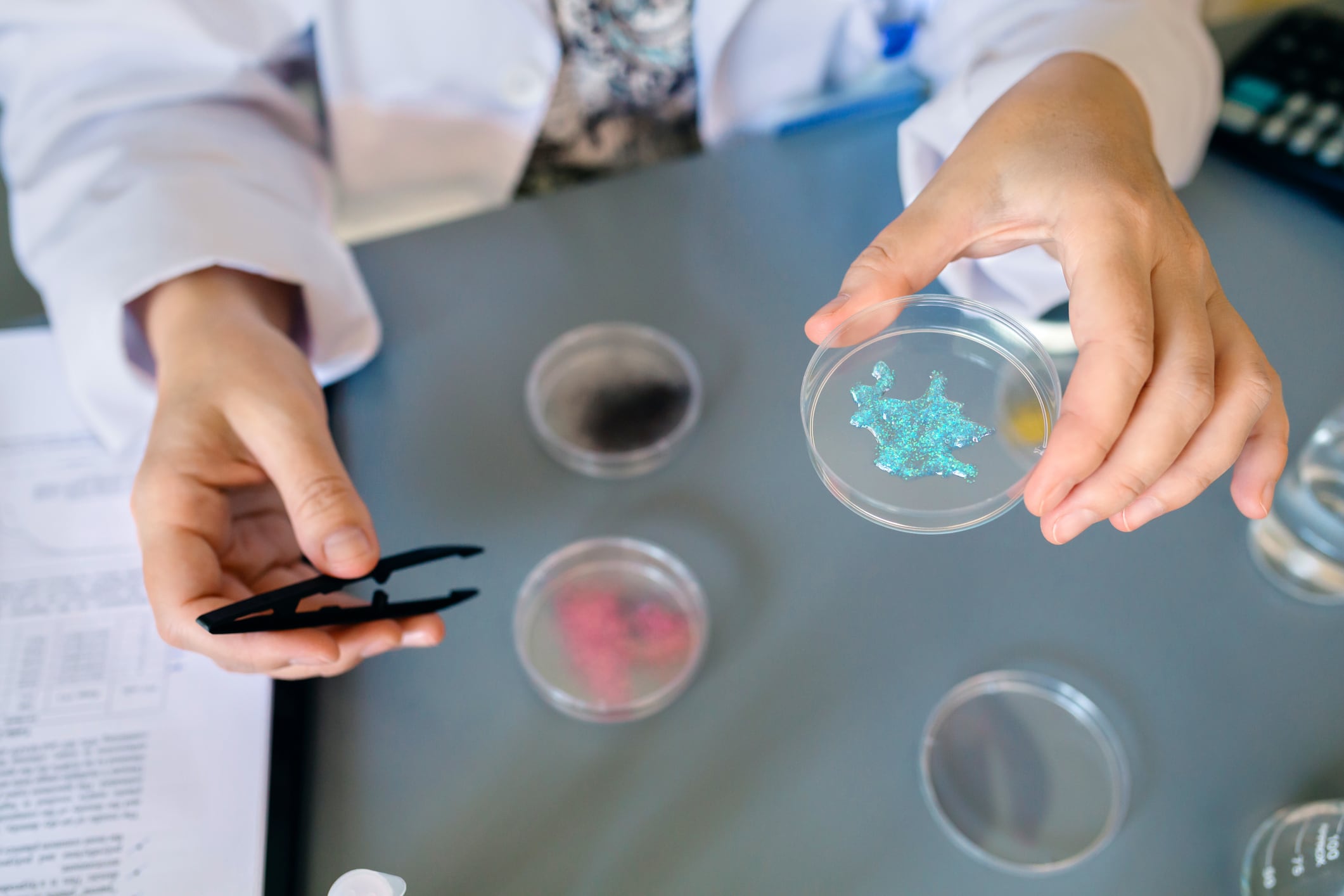
The company’s founder says the allocation of the funds “reflects current critical trends in the beauty and personal care industry, as well as broader EU objectives.”

Innovation, acquisition, and regulation defined the beauty business this month across all regions.
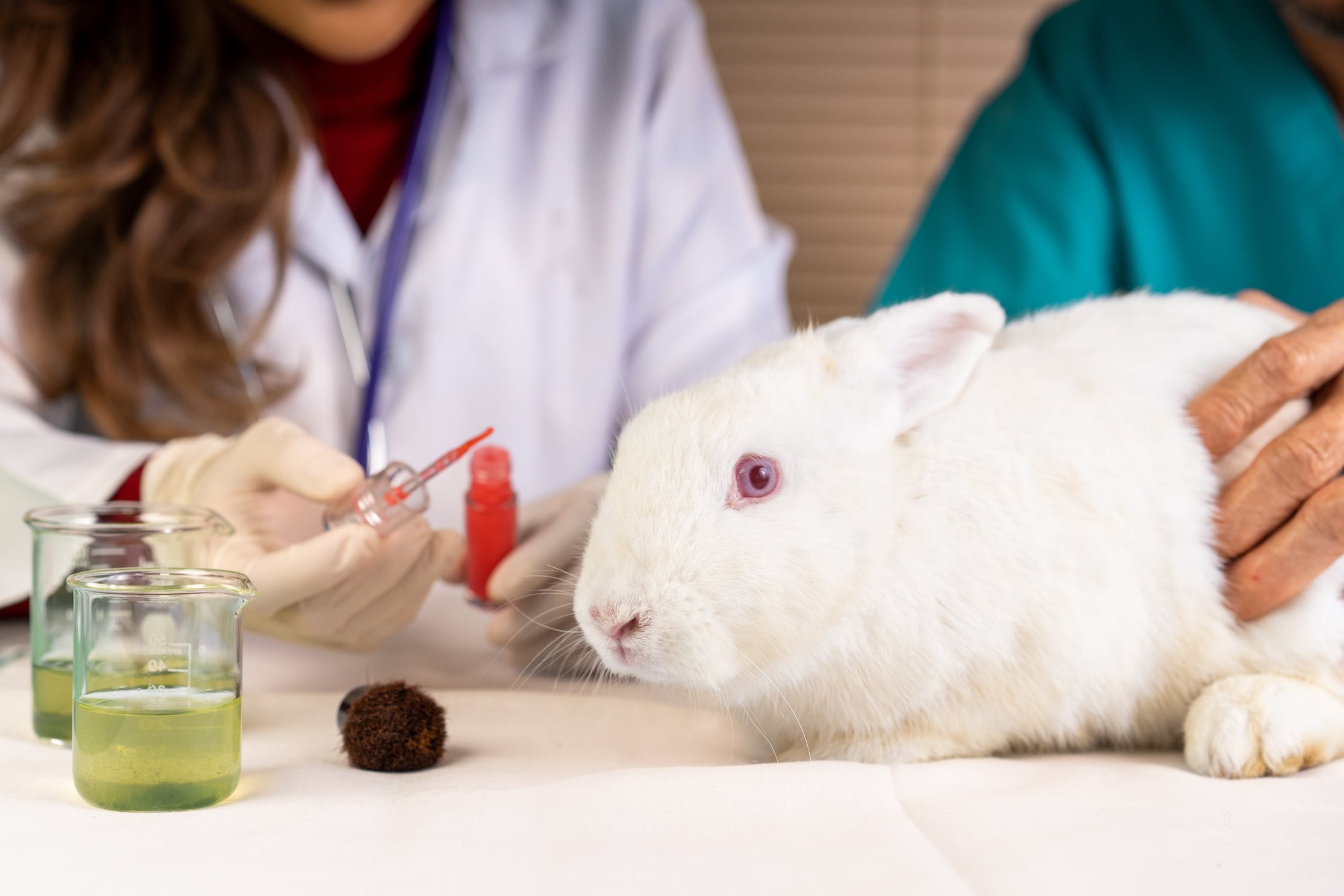
However, the institution has also pointed out that a direct stop will be unlikely at that point, as making a full transition to non-animal testing options will take time.

As incidences of melanoma rapidly rise in the UK, the beauty industry is calling for those with expertise in UV safety to give evidence for a parliamentary inquiry.
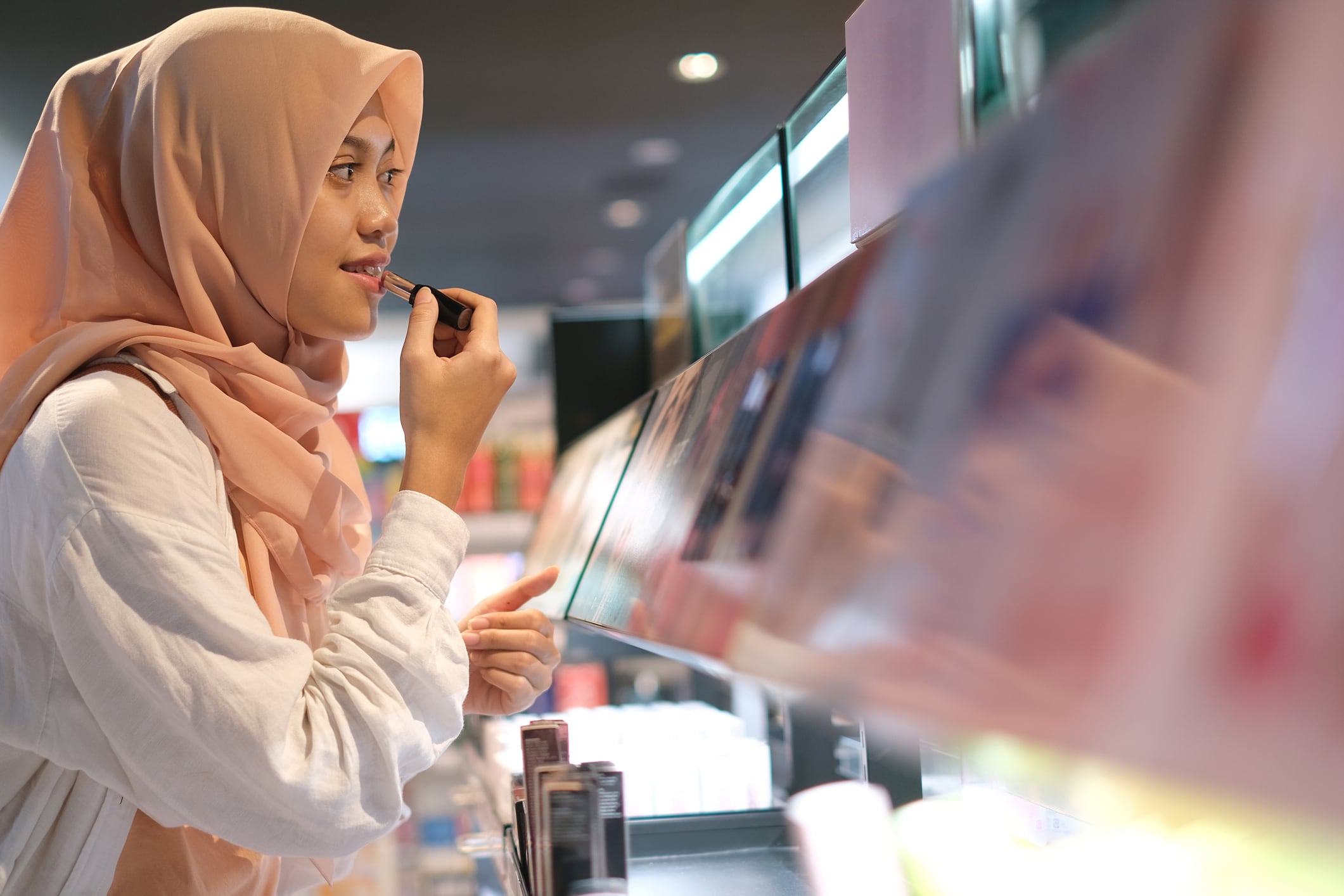
One Indonesia-based intellectual property law expert says global recognition alone isn’t enough to protect a brand...
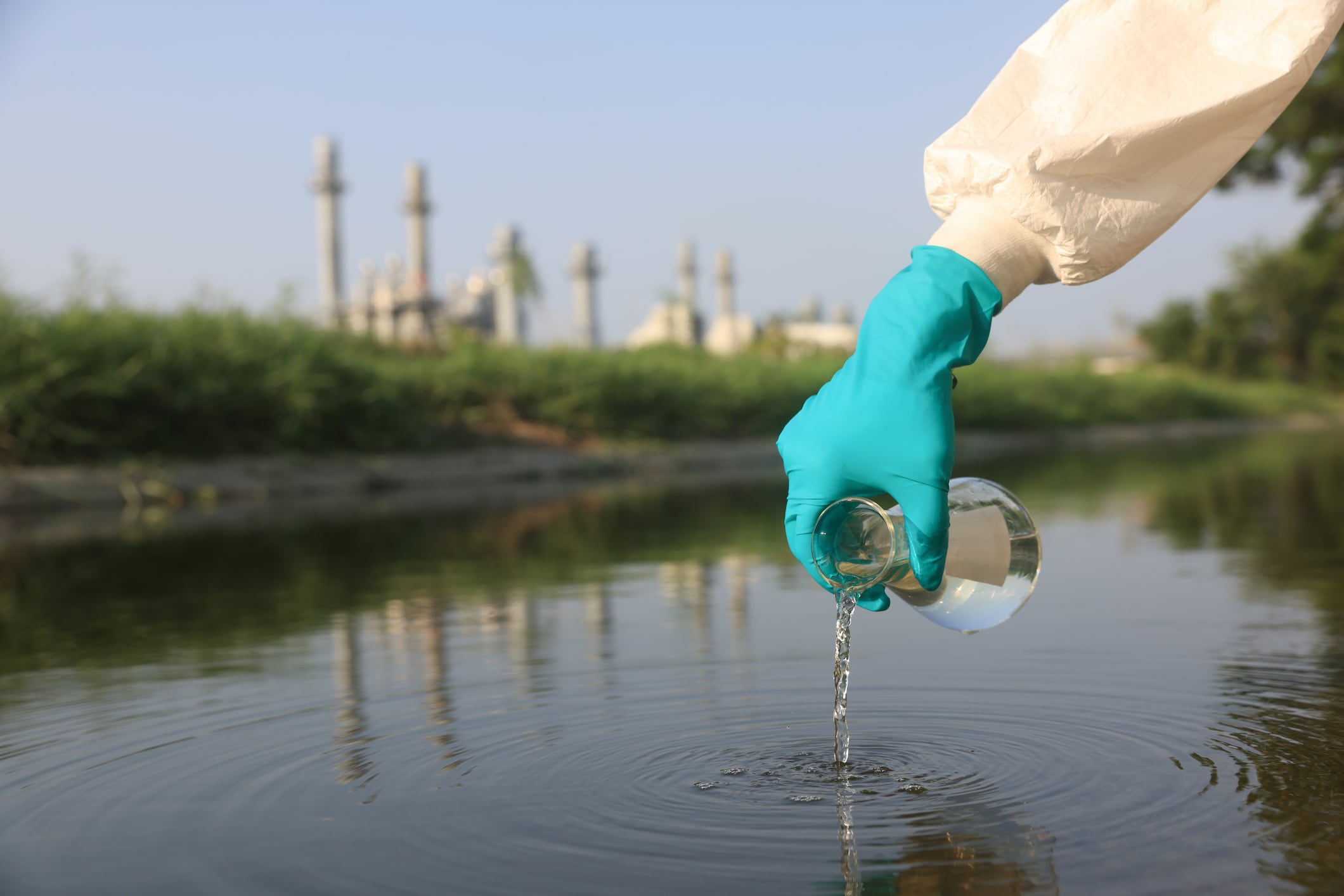
“Legislation cannot be based on mistakes of this magnitude,” says head of Cosmetics Europe, as trade body calls for a reassessment.

Ambiguous claims on hair colours have recently been in the spotlight in the UK market. One hair industry expert said this just is the tip of the iceberg…

While the US tariff policy shifts dominated global headlines this month, other beauty and personal care industry highlights from CosmeticsDesign global included ingredient innovations, coverage of this month’s in-Cosmetics Global trade show, and more.

FEBEA, which represents the world’s largest cosmetics exporter is calling for “a strengthening of its competitiveness” on the EU market.

Vitamins, mineral oils, mineral sunscreen filters and various fatty acids are among the list, which also includes many clean beauty and sustainable packaging ingredients.
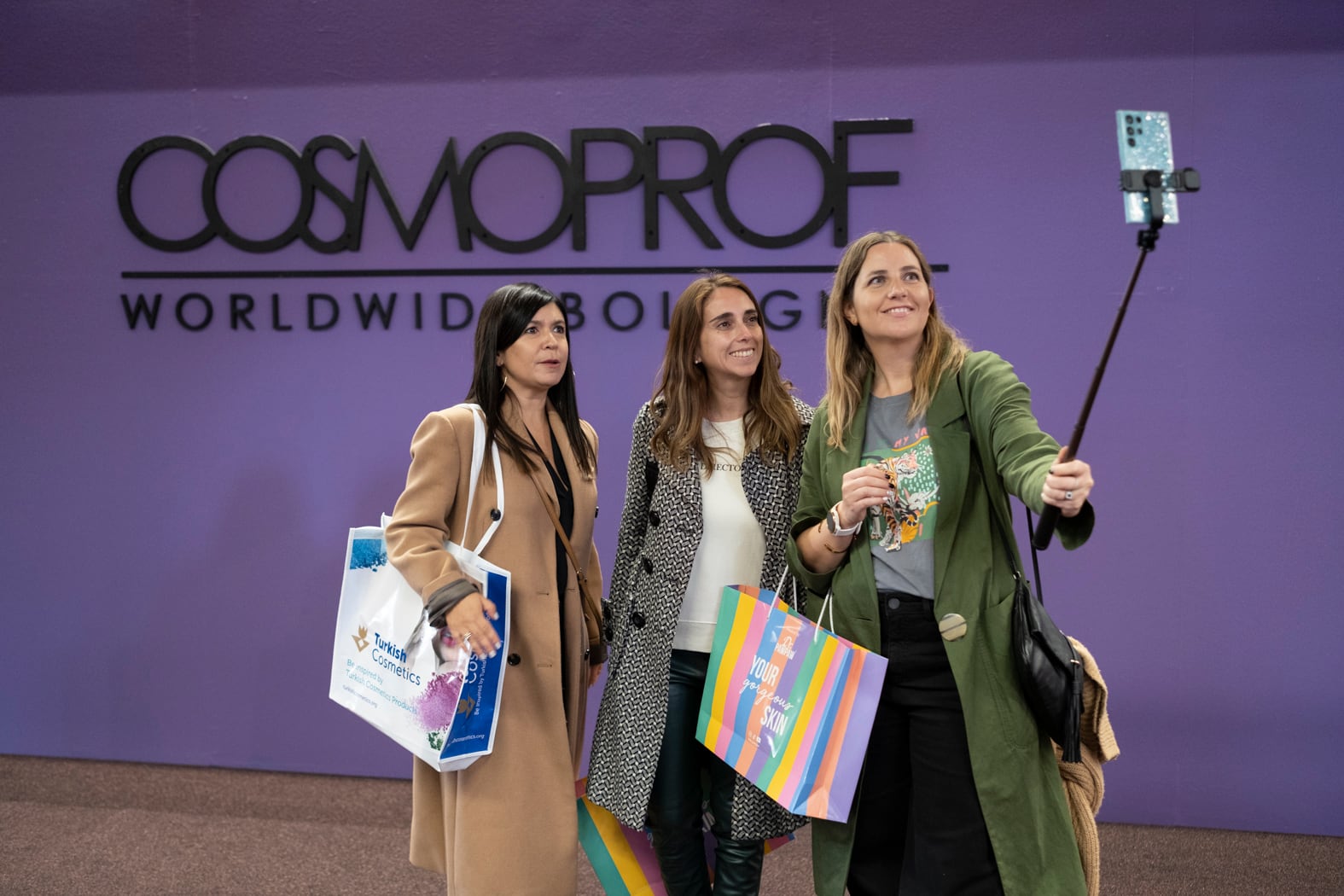
The 56th edition of Cosmoprof Worldwide Bologna is set to open its doors to the beauty industry on Thursday 20 March with a brand new layout.